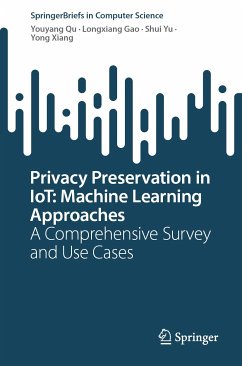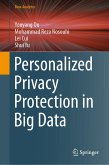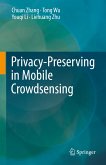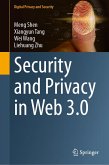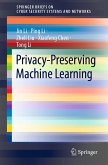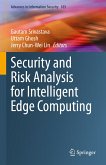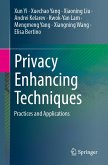The issues of existing privacy protection methods (differential privacy, clustering, anonymity, etc.) for IoTs, such as low data utility, high communication overload, and unbalanced trade-off, are identified to the necessity of machine learning-driven privacy preservation. Besides, the leading and emerging attacks pose further threats to privacy protection in this scenario. To mitigate the negative impact, machine learning-driven privacy preservation methods for IoTs are discussed in detail on both the advantages and flaws, which is followed by potentially promising research directions.
Readers may trace timely contributions on machine learning-driven privacy preservation in IoTs. The advances cover different applications, such as cyber-physical systems, fog computing, and location-based services. This book will be of interest to forthcoming scientists, policymakers, researchers, and postgraduates.
Dieser Download kann aus rechtlichen Gründen nur mit Rechnungsadresse in A, B, BG, CY, CZ, D, DK, EW, E, FIN, F, GR, HR, H, IRL, I, LT, L, LR, M, NL, PL, P, R, S, SLO, SK ausgeliefert werden.

